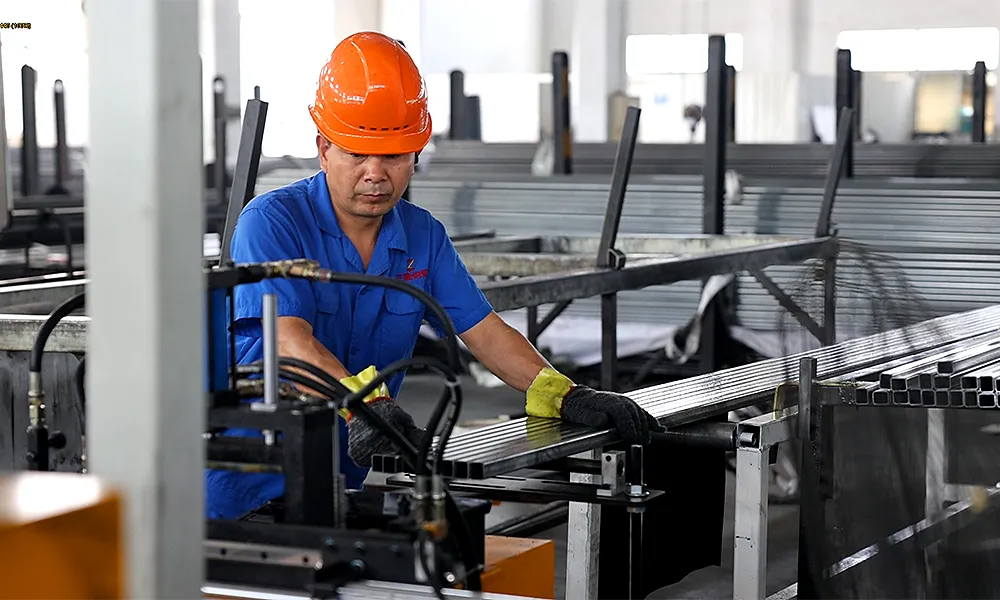
Understanding the Automotive Plastic Parts Manufacturing Industry
The automotive industry is undergoing a significant transformation, with advancements in technology and an increasing focus on sustainability reshaping how vehicles are designed and manufactured. One of the pivotal players in this evolution is the automotive plastic parts manufacturers. These companies specialize in producing a wide array of plastic components that are essential for modern vehicles, enhancing performance, aesthetics, and overall functionality.
Plastic parts have become increasingly vital in the automotive sector due to their lightweight properties, resistance to corrosion, and versatility in design. Manufacturers utilize various types of plastics, such as polypropylene, acrylonitrile-butadiene-styrene (ABS), and polycarbonate, each chosen for specific applications based on their characteristics. For instance, polypropylene is commonly used for interior components due to its impact resistance and recyclability, making it a sustainable choice for eco-conscious manufacturers.
The automotive plastic parts manufacturing process involves several stages, from material selection to molding and quality assurance. Injection molding is the most prevalent technique, wherein heated plastic is injected into molds to form specific shapes. This method allows for high precision, enabling manufacturers to produce intricate designs that cater to diverse automotive needs, from dashboard panels to bumpers.

In recent years, the demand for lightweight vehicles has prompted automotive manufacturers to seek out plastic parts that can reduce overall vehicle weight without compromising safety or performance
. As fuel efficiency becomes a priority, plastic components offer a viable solution, significantly contributing to lower emissions and reduced fuel consumption.Moreover, the push for sustainability within the automotive industry is driving innovations in plastic part production. Many manufacturers are now focusing on developing bioplastics—materials derived from renewable sources that can help minimize environmental impact. By adopting sustainable practices, manufacturers not only enhance their market appeal but also contribute to the overall health of the planet.
Collaboration between automotive manufacturers and plastic parts suppliers is crucial for success. As vehicle designs become more complex, the need for integrated solutions that encompass not just manufacturing but also design, prototyping, and testing emerges. This synergy allows for innovations that meet the rapidly changing demands of consumers and regulatory standards.
In conclusion, automotive plastic parts manufacturers play an essential role in the evolution of the automotive industry. By focusing on lightweight materials, sustainability, and innovation, these companies are contributing to the development of vehicles that are not only more efficient but also environmentally responsible. As technology continues to advance, the future of automotive plastic parts manufacturing looks promising, paving the way for a new era in automobile design and production.